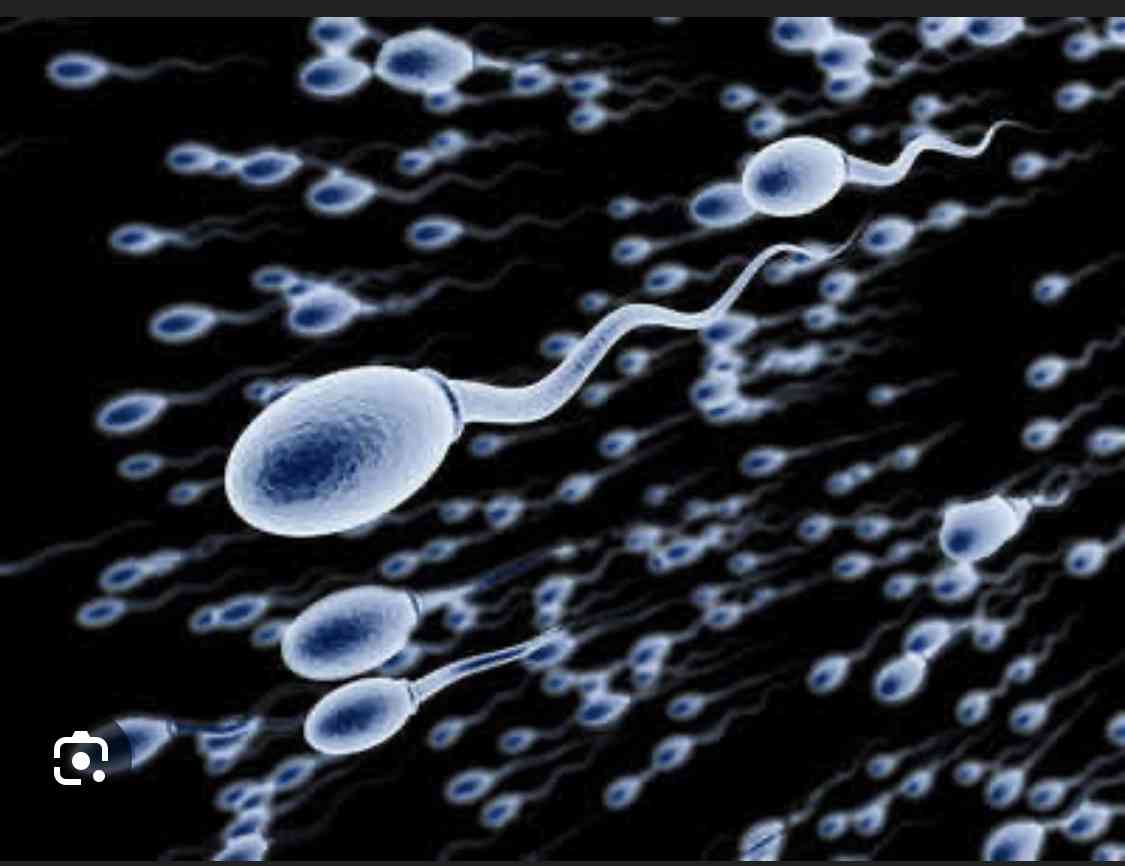Medical causes
Low sperm count can be caused by a number of health issues and medical treatments. Some of these include:
- Varicocele. A varicocele is a swelling of the veins that drain the testicle. It's the most common reversible cause of male infertility. Although the exact reason that varicoceles cause infertility is unknown, it might be related to abnormal testicular temperature regulation. Varicoceles result in reduced quality of the sperm.
- Infection. Some infections can interfere with sperm production or sperm health or can cause scarring that blocks the passage of sperm. These include inflammation of the epididymis or testicles and some sexually transmitted infections, including gonorrhea or HIV. Although some infections can result in permanent testicular damage, most often sperm can still be retrieved.
Ejaculation problems. Retrograde ejaculation occurs when semen enters the bladder during orgasm instead of emerging out of the tip of the penis. Various health conditions can cause retrograde ejaculation or lack of ejaculation, including diabetes, spinal injuries, and surgery of the bladder, prostate or urethra.
Certain medications also might result in ejaculatory problems, such as blood pressure medications known as alpha blockers. Some ejaculatory problems can be reversed, while others are permanent. In most cases of permanent ejaculation problems, sperm can still be retrieved directly from the testicles.
- Antibodies that attack sperm.Anti-sperm antibodies are immune system cells that mistakenly identify sperm as harmful invaders and attempt to destroy them.
- Tumors. Cancers and nonmalignant tumors can affect the male reproductive organs directly, through the glands that release hormones related to reproduction, such as the pituitary gland, or through unknown causes. Surgery, radiation or chemotherapy to treat tumors also can affect male fertility.
- Undescended testicles. During fetal development one or both testicles sometimes fail to descend from the abdomen into the sac that normally contains the testicles (scrotum). Decreased fertility is more likely in men with this condition.
- Hormone imbalances. The hypothalamus, pituitary and testicles produce hormones that are necessary to create sperm. Alterations in these hormones, as well as from other systems such as the thyroid and adrenal gland, may impair sperm production.
Defects of tubules that transport sperm. Many different tubes carry sperm. They can be blocked due to various causes, including inadvertent injury from surgery, prior infections, trauma or abnormal development, such as with cystic fibrosis or similar inherited conditions.
Blockage can occur at any level, including within the testicle, in the tubes that drain the testicle, in the epididymis, in the vas deferens, near the ejaculatory ducts or in the urethra.
- Chromosome defects. Inherited disorders such as Klinefelter's syndrome — in which a male is born with two X chromosomes and one Y chromosome instead of one X and one Y — cause abnormal development of the male reproductive organs. Other genetic syndromes associated with infertility include cystic fibrosis, Kallmann's syndrome and Kartagener's syndrome.
- Celiac disease. A digestive disorder caused by sensitivity to gluten, celiac disease can cause male infertility. Fertility may improve after adopting a gluten-free diet.
- Certain medications. Testosterone replacement therapy, long-term anabolic steroid use, cancer medications (chemotherapy), certain antifungal and antibiotic medications, some ulcer medications, and other medications can impair sperm production and decrease male fertility.
- Prior surgeries. Certain surgeries might prevent you from having sperm in your ejaculate, including vasectomy, inguinal hernia repairs, scrotal or testicular surgeries, prostate surgeries, and large abdominal surgeries performed for testicular and rectal cancers, among others. In most cases, surgery can be performed to either reverse these blockages or to retrieve sperm directly from the epididymis and testicles.etc….






Be the first to show love! 🚀
Start something amazing - your support inspires creators!